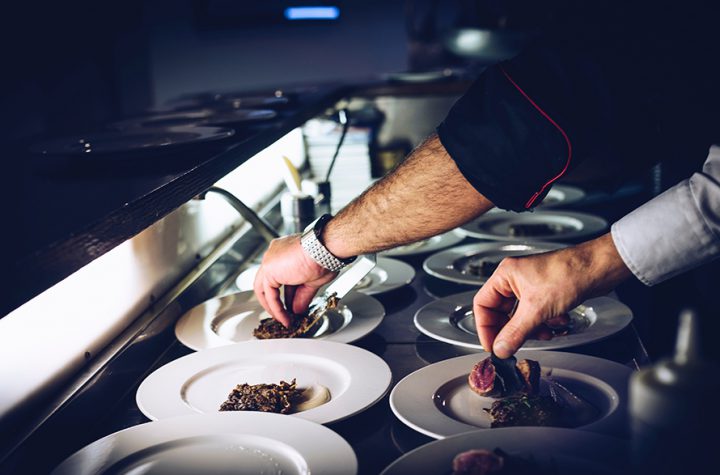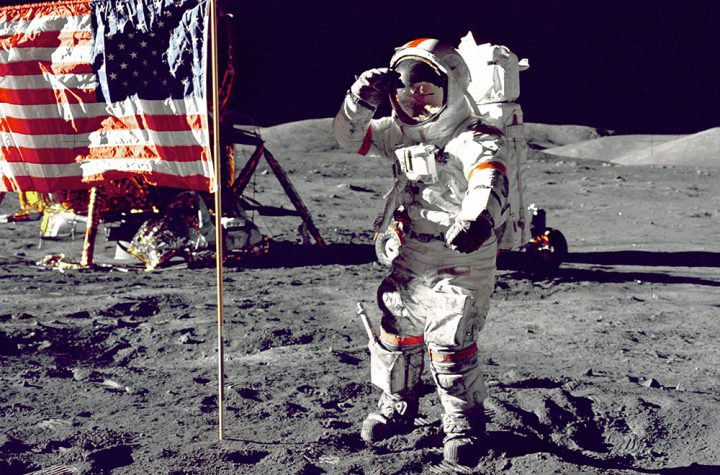
Tonight we will witness the seventh Democratic candidate debate, and the last before voters finally begin weighing in. But its also the first debate where the primary audience is local. Yes, the event will draw a national viewing audience on CNN, and every moment will be digested and interpreted by the national political narrative-writers. But we are entering a brief but intense period when the national political narrative itself is largely about Iowa. So for a moment, at least, Iowans strong self-consciousness about their role in the presidential nominating process will seem normal to reporters, pundits, and activists who dont know Dubuque from Dubai.
There are at least four ways in which this Iowa-centric aspect of the event at Drake University could affect the tone, feel, and outcome of the debate:
There are issues that peculiarly interest Iowans that may get aired tonight thanks to the debates locale and the cosponsorship of the Des Moines Register (whose political reporter Brianne Pfannenstiel will be a moderator along with CNNs Wolf Blitzer and Abby Phillip). The most obvious is a matter rarely mentioned in prior debates: Trumps trade wars and their impact on the agricultural economy, along with the compensatory payments the administration is making to farmers. This controversy has probably displaced such hardy perennials as ethanol subsidies as a gut test of the understanding and sympathy presidential candidates have for Iowas particular take on public policy.
Iowa has a strong good-government tradition, so plans to address corruption in Washington generally and in the Trump administration specifically may strike a chord.
And even issues were use to hearing about all the time could sound different in an Iowa context. As a local economic development site notes, the Des Moines regions finance and insurance sector has a $3 billion annual payroll. So routine attacks on evil bankers and crazy-evil private insurance companies may ring a bit hollow.
Politically active Iowans are acutely defensive about their first-in-the-nation caucus and are fully aware of the criticism they regularly get for the states not-exactly-representative demographics. Such criticism has been especially sharp this year, in part thanks to former candidate Julián Castro and current candidate Michael Bloomberg, who have been very loud in arguing for a change in the system to dethrone Iowa and (first primary state) New Hampshire.
Its no secret that Iowans expect very public and consistent support for their role in the nominating process among the presidential candidates competing there. So it wouldnt be surprising to hear some of them swear eternal fealty to Iowas primacy, whether or not they are asked about it (with the Register at the moderators table, they may well be asked about it), or at least pay witness to the sturdy folk virtues of the Iowans theyve met on the campaign trail.
Beyond that, Iowans are like people anywhere who love it when famous national political figures give their political leaders shout-outs, so well hear the names of a lot of state and local Democratic pols.
The arcane rituals of the Iowa caucuses themselves could have a bearing on how the candidates talk about potential supporters, and each other. Technically the candidates focus in Iowa is not on voters, but on caucus-goers, a smaller and self-selecting group. And the candidates arent asking these people to spend 20 minutes filling out a mail ballot (Iowa doesnt have those for the caucuses) or standing in line to cast a quick vote. For Democrats, at least (Iowa Republicans have a simpler process thats basically just like a preference primary), caucus-goers are expected to go out on a dark and cold winter night and spend hours sitting through speeches on behalf of candidates, presentation of resolutions, and other preliminaries before dividing into affinity groups supporting candidates and then reforming once groups with numbers below a 15 percent viability threshold are liquidated. Its quite a commitment of time both then and in terms of preparation. So candidates tend to ask not just for support but for commitments to caucus and/or to organize others, and youll hear some of that in the debate.
This year Iowa Democrats are also sponsoring satellite caucuses beyond the traditional precincts for the convenience of those whose physical condition or work schedules dont provide for attendance at the main caucuses; this was part of the state partys effort to parry criticism about caucuses as being too exclusive. Candidates may talk about that as well. And the second-stage reforming of affinity groups in the caucuses means that stronger candidates may hunger and thirst for the supporters of weaker candidates on caucus night. And that may make them especially solicitous of the smaller fry during the debate.
Aside from the desire to raid supporters from weaker candidates, theres a more informal cultural tradition that could inhibit candidates from going after each other with tire irons: the upper-midwestern ethic known locally as Iowa Nice. Iowans (like Minnesotans) like to think of themselves as unusually civil and friendly, and tend to frown on public displays of nastiness. So theres a pretty stiff resistance to overtly negative campaigning. One famous example of campaigns running afoul of Iowa Nice occurred in 2004, when Dick Gephardt and Howard Dean got into a negative ad fight in Iowa. They wound up finishing third and fourth on caucus night, in what has become known as a murder-suicide incident.
If candidates do have spats (and there is rich anticipation of one or more tonight), then dont be surprised if another candidate plays conspicuous peacemaker. Thats Nice.
Sign Up for the Intelligencer Newsletter
Daily news about the politics, business, and technology shaping our world.
Terms & Privacy NoticeBy submitting your email, you agree to our Terms and Privacy Notice and to receive email correspondence from us.





More Stories
“Nobody is the reason for my death. My family is having to bear a lot of expenses because of me. I am a burden to them, my education is a burden to them….” A day after she wrote this note, Aishwarya Reddy, a student at Lady Shri Ram College for Women in Delhi…
Tom Brady’s arrival had the Buccaneers dreaming of an NFC South title, but the Saints showed the QB and his team they’re a far from being a contender.
Barnaby Joyce claims he told Malcolm Turnbull ‘others’ were having affairs